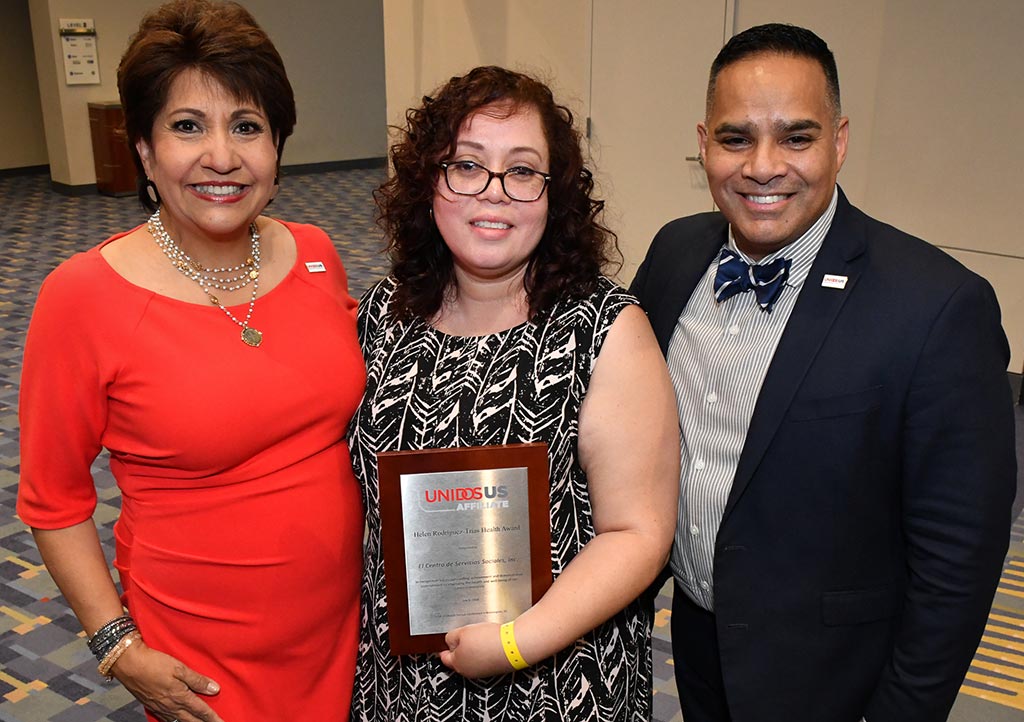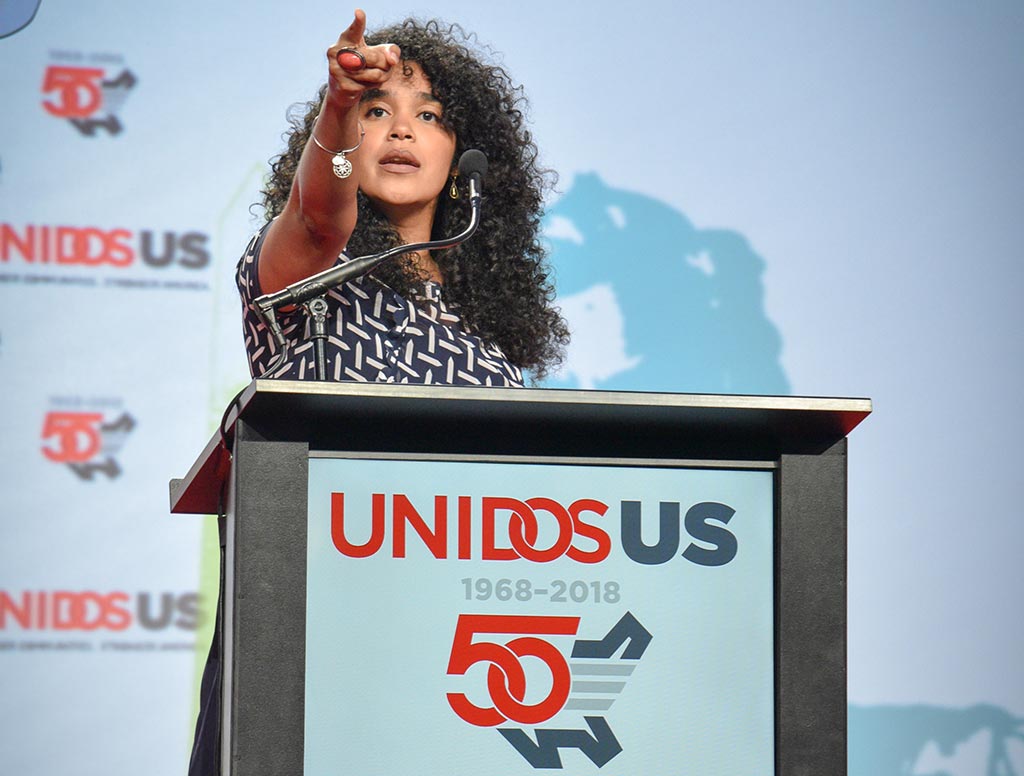Yes! Girls belong in STEM
Women in STEM: Challenges and Successes from College to Professional Career
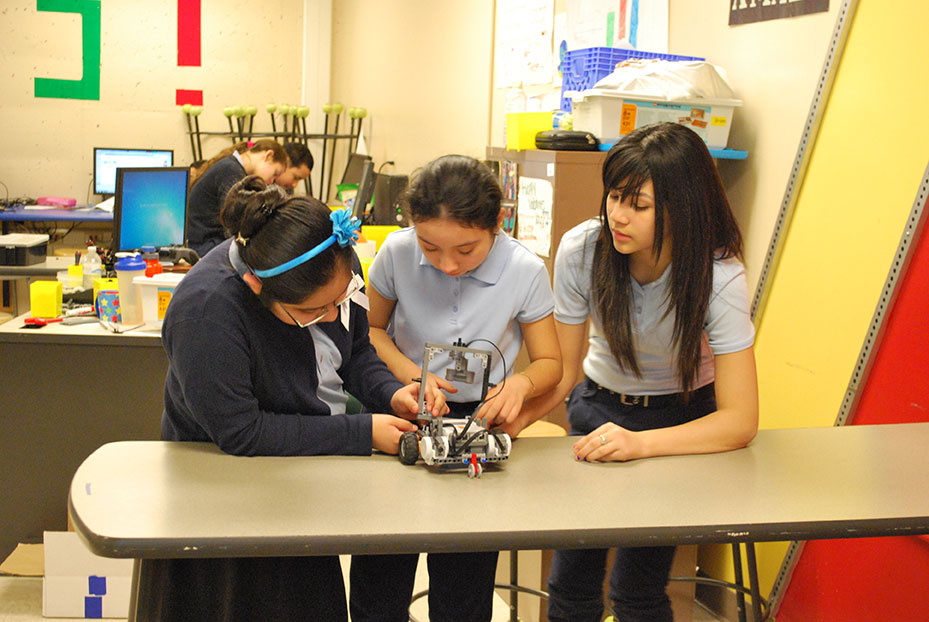
At the 2017 National Latino Family Expo®, the Degrees of Freedom, an all-girls robotics team based in Phoenix, Arizona was featured. Their exhibit clearly showed engineering’s female-and Latina-future.
Keep up with the latest from UnidosUS
Sign up for the weekly UnidosUS Action Network newsletter delivered every Thursday.
But while women are indeed entering certain STEM fields, barriers still exist.
Panelists at the Women in STEM: Challenges and Successes from College to Professional Career workshop held during the opening day of the 2018 UnidosUS Annual Conference acknowledged that internal and external barriers exist in trying to close representation gaps in STEM industries (Science, Technology, Engineering, and Math). Women who enroll in STEM education and pursue STEM careers still face substantial challenges, and representation in the industries remains low.
“GETTING GIRLS TO BELIEVE THEY BELONG THERE”
“Part of the problem is getting girls to believe they belong there,” said Corina McClure, a chemist at the Food and Drug Administration. She acknowledged that visibility of female scientists is particularly important—noting that while female chemists have had more visibility, with the famous example of Marie Curie at the turn of the 20th century, there are still significant improvements that need to be made.
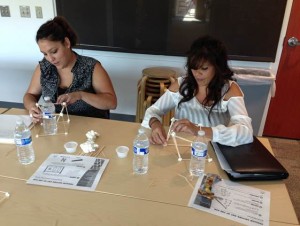 Also on the panel, Milagros Delgado, Lecturer and Lab Coordinator at Florida International University, and Zaida Morales-Martinez, Professor Emeritus at Florida International University—both from Puerto Rico—said that they also faced both internal and external pressures because they speak English with accents.
Also on the panel, Milagros Delgado, Lecturer and Lab Coordinator at Florida International University, and Zaida Morales-Martinez, Professor Emeritus at Florida International University—both from Puerto Rico—said that they also faced both internal and external pressures because they speak English with accents.
Delgado noted that she only became more confident with the way she spoke when she realized: “Every American has an accent.”
BE A MENTOR
After the panelists shared their own journeys to careers in STEM, moderator Racquel Jamison, Manager of the American Chemical Society Scholars Program, guided the conversation to potential solutions to increase the number of women in these jobs. The panelists agreed that recognizing and investing in the power of mentorships is invaluable.
 Showing young women it’s possible to thrive in a STEM career is important, but it’s equally as important for them to have someone in their corner encouraging them. When we work to address this gap in representation, we not only help youth in our community unlock economic opportunity through high-paying industry jobs, but we come closer to tapping into the innovations of tomorrow.
Showing young women it’s possible to thrive in a STEM career is important, but it’s equally as important for them to have someone in their corner encouraging them. When we work to address this gap in representation, we not only help youth in our community unlock economic opportunity through high-paying industry jobs, but we come closer to tapping into the innovations of tomorrow.
An audience member (a first-generation U.S.-born Latina with a PhD in a STEM field!) noted that those who belong to minority groups in STEM can relate particularly well to students’ experiences and make sure that they aren’t being discouraged.
BREAKING DOWN EXTERNAL BARRIERS
While mentors can be incredibly helpful many women still face external barriers to fulfilling their dreams in a STEM field. To that point, Jamison mentioned that she began attending an annual conference for Black chemists and chemical engineers, which she found personally motivating. It was a good place for her to find people who could relate more directly to her academic experience.
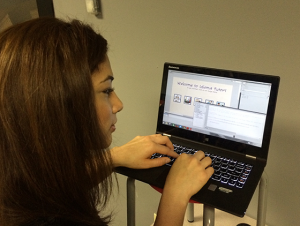 Another audience member noted that it’s also important to talk to boys as we encourage more girls to enroll in STEM education. “I think early on if boys learn that girls can do math, science, and engineering just as well or better, they grow up going oh! That’s a thing!” he said. He also noted that this could help break down harmful stereotypes.
Another audience member noted that it’s also important to talk to boys as we encourage more girls to enroll in STEM education. “I think early on if boys learn that girls can do math, science, and engineering just as well or better, they grow up going oh! That’s a thing!” he said. He also noted that this could help break down harmful stereotypes.
Jamison also noted that teaching boys more about women’s experiences in the workplace can help make networking events more inclusive. “How many working women have to pick up their kids at the end of the day or drop them off in the morning while men are talking about work over drinks or breakfast?” she asked the audience.
Unfortunately, there is no one solution to increasing the number of women in STEM, but Morales-Martinez made the point that above all, mentors can act as a resource for young people who may be interested in that career path.
By Stephanie Presch, Content Specialist, UnidosUS
RELATED CONTENT
http://blog.unidosus.org/2018/05/24/2017-national-latino-family-expo-robotics/
https://medium.com/@WeAreUnidosUS/facebook-mess-shows-why-we-need-to-talk-about-techs-diversity-problem-eeca60364cfa

